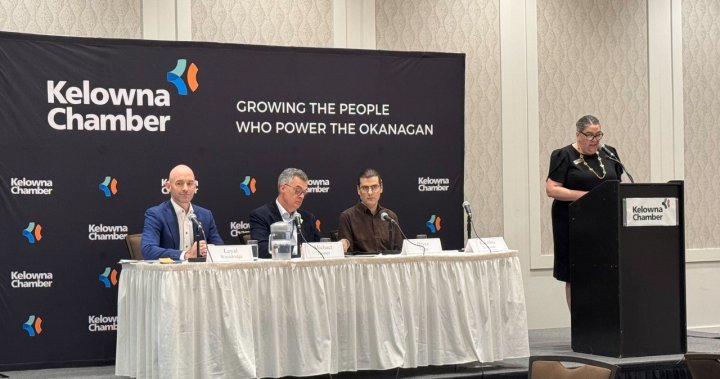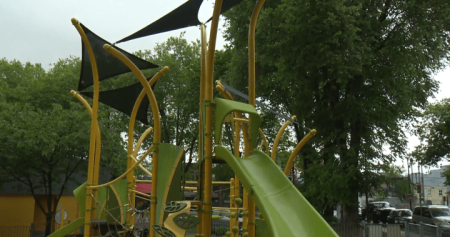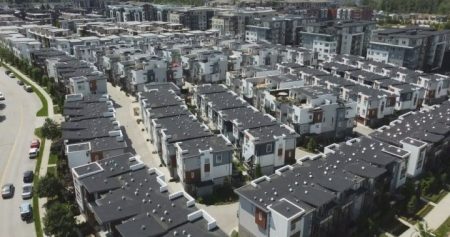Ahead of the 2024 provincial election in British Columbia, a trend has emerged involving Conservative candidates who are avoiding all-candidates debates and media interviews. Political science professor Hamish Telford emphasized the importance of debates in allowing voters to see candidates in action and practice for their role as potential MLAs. However, candidates like Kristina Loewen and Tara Armstrong in the Central Okanagan have been absent from debates. When approached by Global News, Armstrong explained that their focus has been on grassroots efforts and connecting with voters directly through door-knocking, rather than participating in debates or media interviews. Similarly, Loewen stated that her priority is getting to know voters one-on-one, and that interviews are not her forte as a non-career politician.
Some residents in Kelowna expressed disappointment at the candidates’ decision to avoid debates, calling it selfish and questioning what they may be trying to hide. Telford suggested that the avoidance of debates and media interviews may be a centrally organized strategy by the Conservative party, particularly due to the presence of inexperienced candidates who may not perform well or make inappropriate statements in a debate setting. In response to the criticism, Conservative Leader John Rustad defended his candidates, stating that they are actively engaging with voters in their ridings and will continue to do so leading up to voting day on October 19.
Despite the criticisms, Conservative candidates like Loewen and Armstrong remain steadfast in their approach to prioritize door-knocking and direct voter engagement over participating in debates or media interactions. While some voters and political observers may see this avoidance as a disservice to the democratic process, the candidates defend their decisions by emphasizing the importance of connecting with voters on a personal level. The clash between traditional modes of candidate engagement, such as debates and media interviews, and newer strategies focused on direct voter interactions, highlights a broader shift in political campaigning techniques and the evolving dynamics of electoral politics in British Columbia.
The absence of Conservative candidates from debates raises questions about transparency, accountability, and the role of candidates in engaging with the electorate. Both supporters and critics of the candidates’ approach have expressed concerns about the impact of their absence on the democratic process and the ability of voters to make informed decisions. While some residents see the candidates’ decision as an attempt to avoid tough questions or scrutiny, others view it as a strategic move to focus on building personal connections with voters. The debate surrounding the importance of debates in the electoral process underscores the tension between traditional forms of political communication and newer approaches that prioritize direct voter engagement and grassroots organizing.
As the 2024 provincial election approaches in British Columbia, the issue of Conservative candidates avoiding debates and media interviews is likely to remain a topic of discussion and controversy. The contrasting perspectives of candidates, political observers, and voters highlight the diverse opinions surrounding the role of debates in the electoral process and the strategies employed by political parties to connect with voters. Ultimately, the decision of candidates to prioritize door-knocking and face-to-face interactions over traditional modes of engagement reflects a broader shift in political campaigning towards more personalized and grassroots approaches. However, the implications of this shift on the democratic process and the transparency of candidates remain subjects of ongoing debate and scrutiny.















